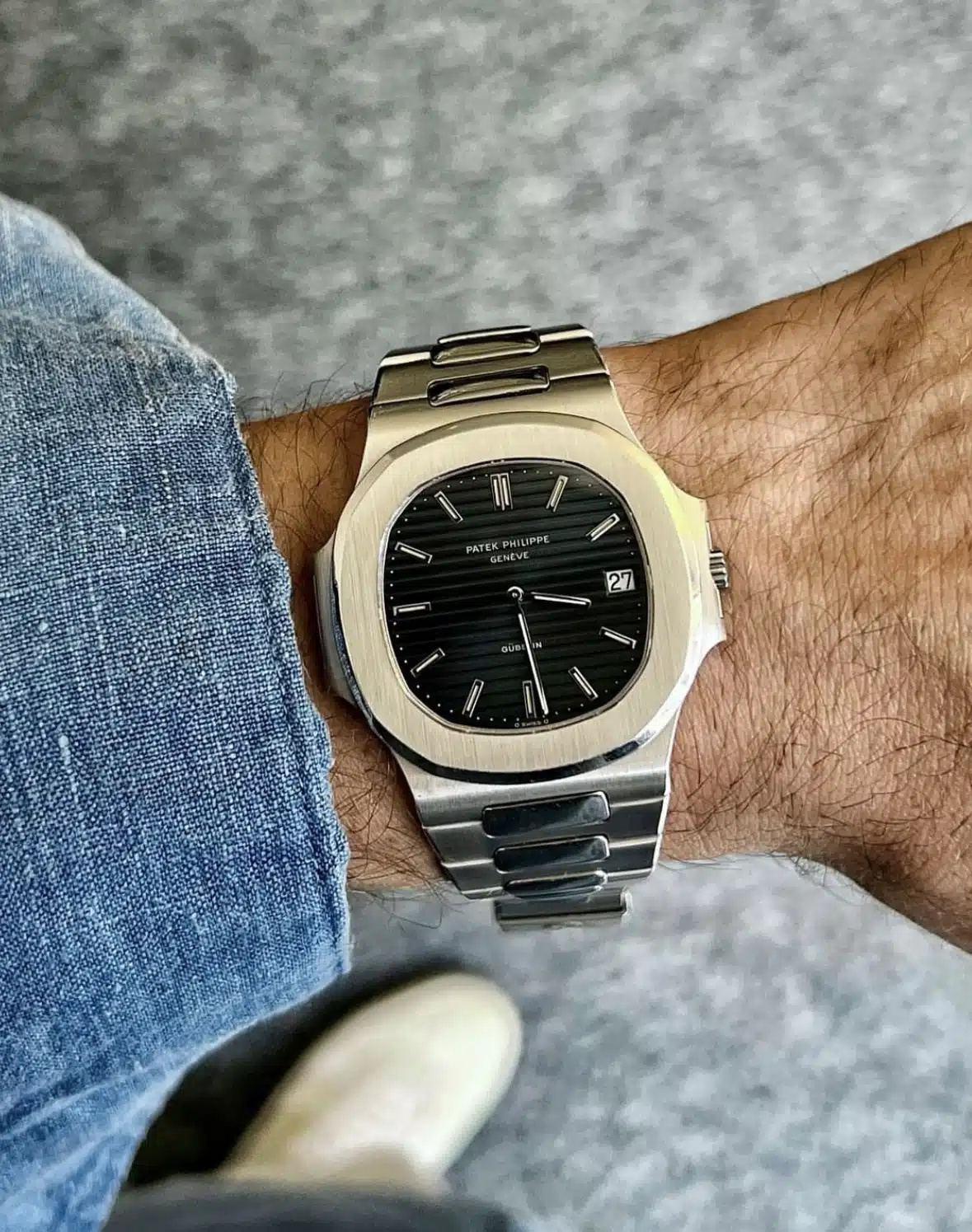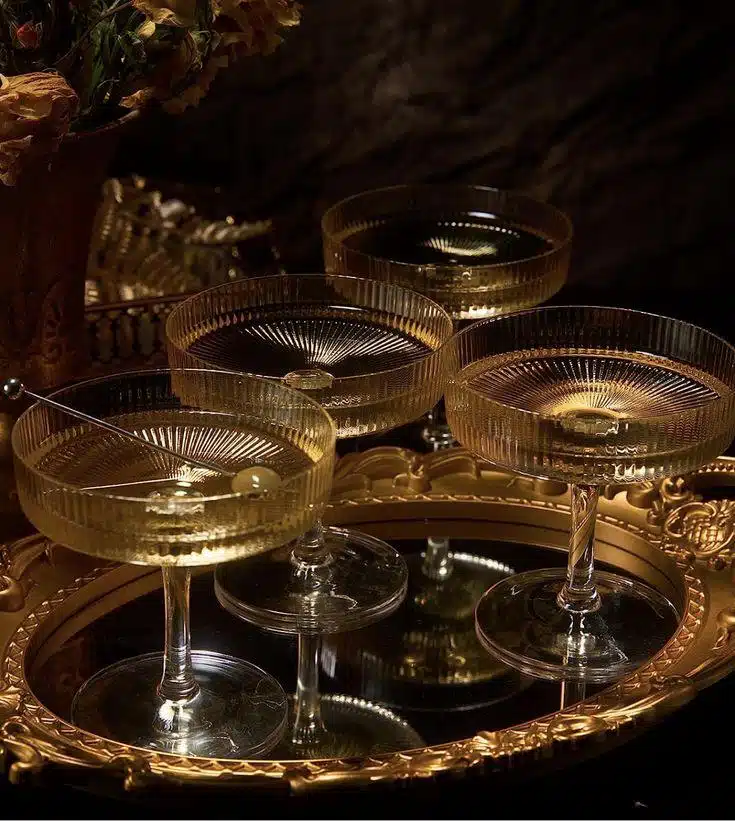Understanding the World of Fine Watchmaking
The Birth of an Art
High-end watchmaking isn’t just about crafting devices that tell time; it’s a form of art, a cultural heritage, and a personal status symbol. Brands like Patek Philippe, Audemars Piguet, and Breguet aren’t just names on a dial; they represent centuries of refinement, innovation, and dedication to the craft.
Choosing the Movement: The Heart of the Watch
Deciding between a mechanical and a quartz movement is a fundamental choice. Mechanical movements, celebrated for their complexity and craftsmanship, are often preferred by connoisseurs for their aesthetic beauty and heritage value. Quartz watches, powered by a battery and typically less expensive, offer precision and practicality but sometimes lack the romantic allure of traditional mechanics.
Aesthetics and Design
The Signature of a Dial
The dial is often the first feature that catches the eye. Its style can range from clean and minimalistic to ornately decorated. Choices include classic dials, skeleton dials that reveal the inner mechanics, or dials with complications like moon phases, adding both functionality and charm.
The Case and Bracelet
The material of the case and bracelet is another crucial element. Gold and platinum are timeless classics, while stainless steel and titanium alloys offer strength and modernity. Current trends also include innovative materials like ceramic and carbon. The choice of the bracelet – leather, metal, or otherwise – not only affects the look but also the comfort and durability.
Features and Complications
Understanding Complications
Complications are additional features that enhance a watch’s functionality. Chronographs, minute repeaters, tourbillons, and perpetual calendars are not just technical feats; they reflect the skill and ingenuity of the watchmaker. Choosing a watch with complications depends on your personal interests and intended use of the watch.
Investment and Value
Watches as an Investment
Some watches can be a sound investment. Specific models from brands like Rolex or Patek Philippe have a history of maintaining or appreciating in value. However, investment should not be the sole driving factor in purchasing. Style, personal comfort, and the joy the watch brings are equally important.
Where and How to Buy
Purchasing a luxury watch demands research and caution. Prefer official dealers or brand boutiques to avoid counterfeits. Also, consider the pre-owned market for vintage or discontinued models.
Maintenance: Preserving Your Watch
Regular Upkeep
A luxury watch requires regular maintenance to ensure longevity and accuracy. This includes periodic servicing, battery replacement for quartz watches, and professional cleaning of the mechanism and case.
Selecting your first luxury watch is a personal adventure, a journey through art, technique, and personal style. By considering these aspects – from the brand’s history, type of movement, aesthetics, complications, potential investment, and maintenance – you are well-equipped to make an informed choice. This watch will not just be a tool for measuring time, but an expression of your personality, a cherished heirloom, and perhaps, one day, a legacy to pass on.



